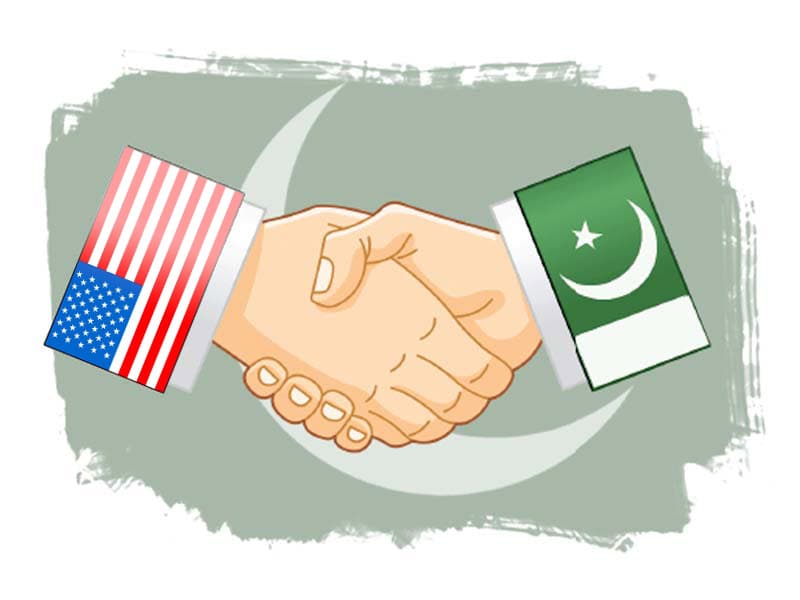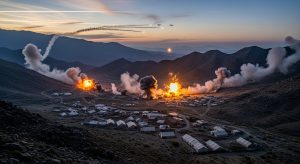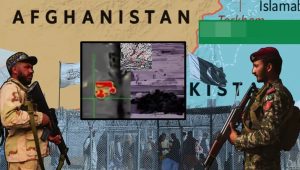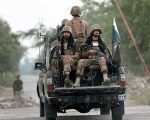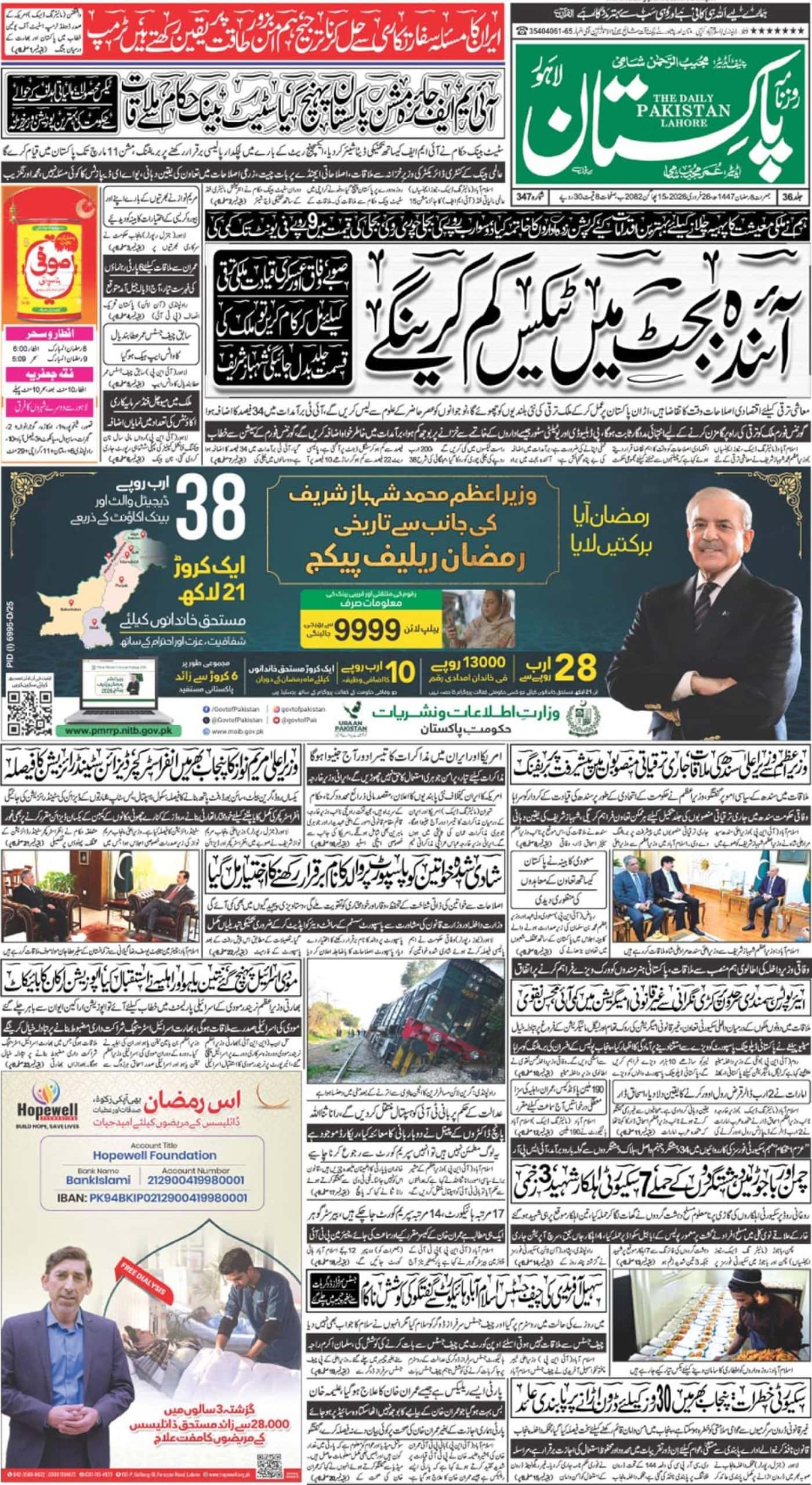After years of diplomatic distancing between Washington and Islamabad, signs of a renewed relationship between the two countries have emerged in Washington. This shift was highlighted in a surprising and positive way when Trump, in a historic speech before Congress yesterday, thanked Pakistan for its key role in handing over ISIS terrorist Muhammad Sharifullah, who is suspected of carrying out the bombing attack on U.S. forces at Kabul airport in 2021.
Trump’s public gratitude toward Pakistan, expressed before tens of millions of Americans last night, was met with a statement from Prime Minister Shehbaz Sharif, who responded to Trump, saying: “We thank the United States,” adding that “Trump acknowledges Pakistan’s role and support in counterterrorism efforts and appreciates it.”
This marks the beginning of a remarkable new phase of cooperation between the two countries, whose relationship has seen both ups and downs. Trump’s thank-you note coincided with the White House and Pentagon launching an official investigation into the failures and humiliating withdrawal of U.S. forces from Afghanistan. This raises questions about whether Pakistan holds additional cards that could help Trump, who had previously labelled it a safe haven for terrorists and a major obstacle to U.S. military and combat operations in Afghanistan.
Today, two urgent developments could give Pakistan new leverage, enabling it—according to a senior U.S. government official—“to provide assistance and support to Trump’s team.”
The first is the “diplomacy of mutual gratitude” between Trump and Sharif. The second is Washington’s official and public acknowledgment of Islamabad’s cooperation in counterterrorism efforts.
So, the big question: Have relations between the two countries returned to normal? The answer is, most likely, yes.
It seems Trump reached out to Islamabad even before expressing his gratitude to the Pakistanis last night. During his first Cabinet meeting of this term on February 26, Trump declared that the U.S. wants to regain control of Bagram Airbase in Afghanistan and redeploy American forces there.
Trump didn’t stop at Bagram. He went further, revealing that the Pentagon seeks to recover nearly 70,000 military vehicles and pieces of equipment left behind and now controlled by the Taliban, “no matter the cost.”
A simple reading of Trump’s statements clearly indicates that his security team is eager to cooperate with Pakistan—perhaps to help the U.S. regain influence over Bagram, a base with vital strategic importance in the heart of Asia.
Trump’s remarks caught many Pentagon generals off guard, some of whom now fear for their careers due to the possibility of being dismissed over the botched Afghanistan withdrawal in August 2021. This raises a crucial question: Who will help Trump regain control of Bagram? Who will facilitate U.S. Air Force operations there, possibly involving a deployment of over 2,500 troops tasked with striking terrorist groups such as Al-Qaeda, ISIS-Khorasan, and the Haqqani Network?
The answer: Pakistan! Is there any country other than Pakistan capable of coordinating with Trump’s demands and fulfilling them? The best proof of this is what just happened in the past few hours.
The Pakistani military holds the “key to Bagram”—and to other strategic assets as well. According to U.S. intelligence analysis, regaining control of this airbase could mark the beginning of a strong and vital U.S.-Pakistan relationship that would benefit both Washington and Islamabad. Both countries recognize the need for such a partnership.
In the White House today, there is a clear reality: Trump is eager to coordinate with Islamabad and reclaim Bagram. This is a goal that the Pakistani military, led by the powerful General Asim Munir—who has been the subject of sharp criticism in Washington—might be willing to support in order to achieve access to the airbase.
Final question: Are we on the verge of a new chapter and a solid, reinvigorated U.S.-Pakistan relationship? My information strongly suggests that this is very likely.

